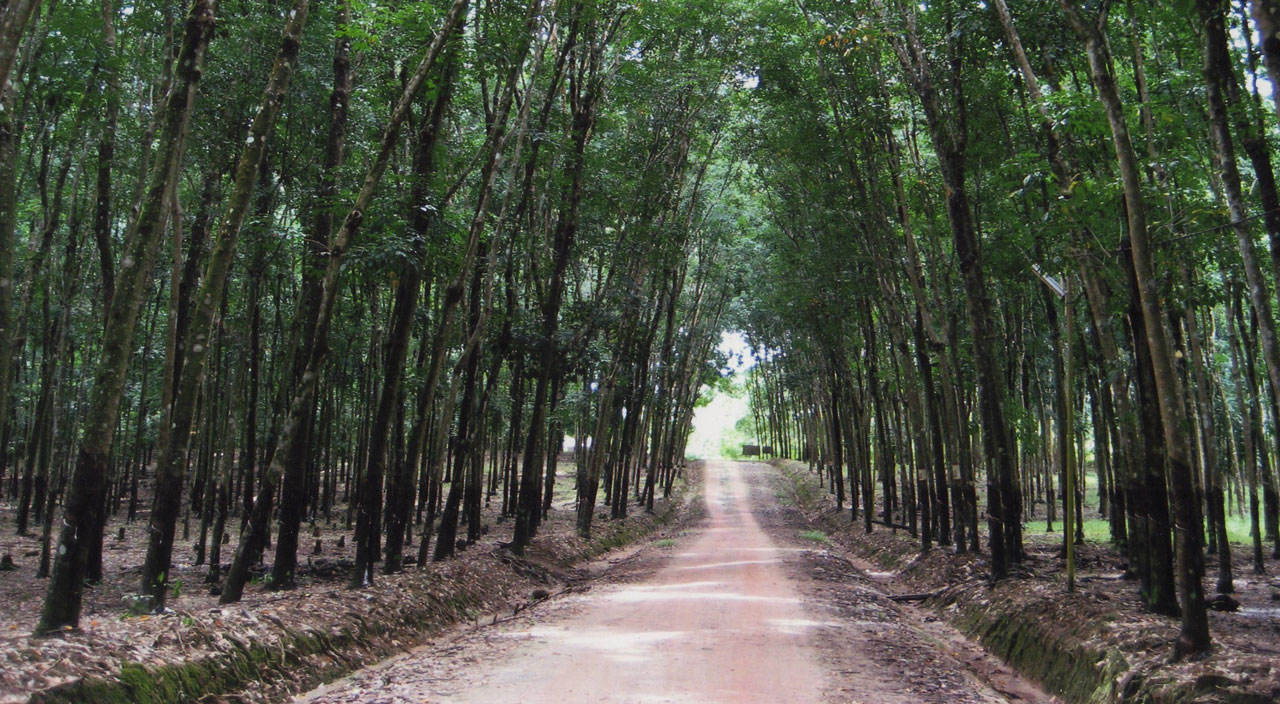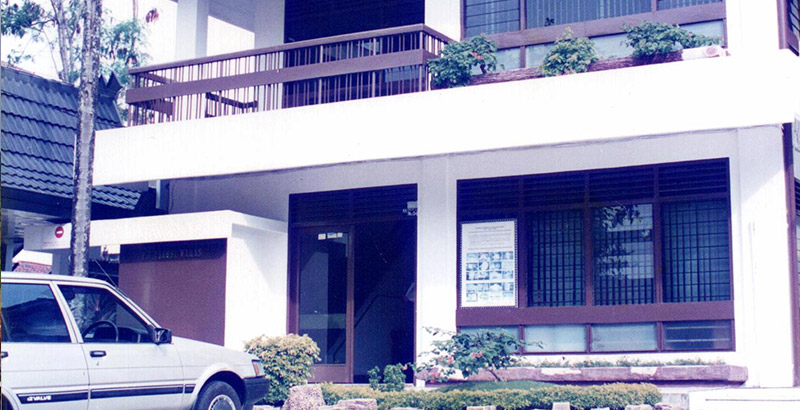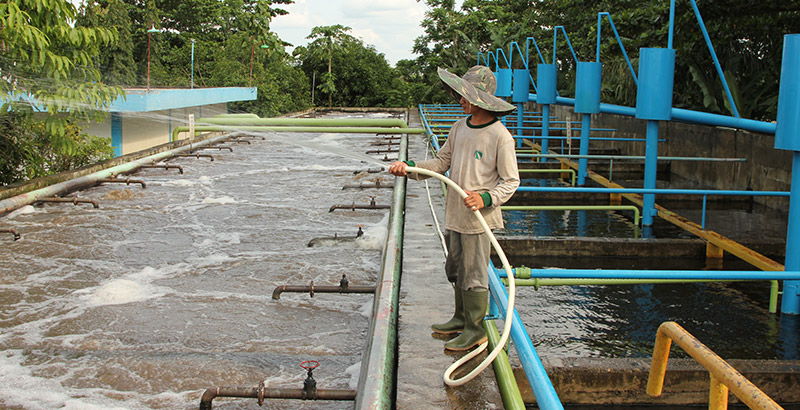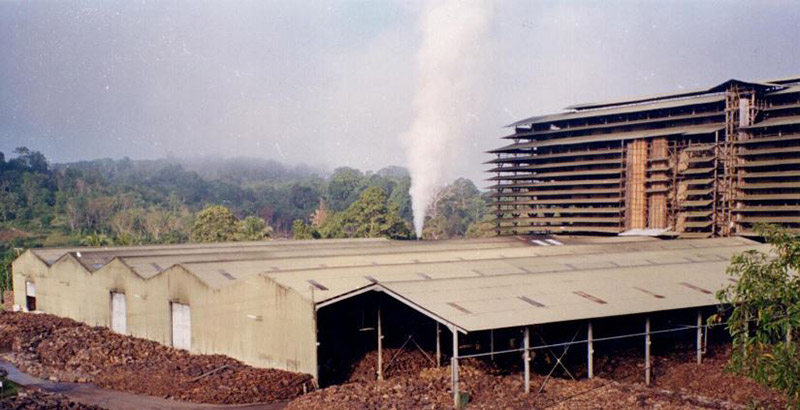Krakatau Steel (KRAS)
Krakatau Steel has six production plants, making the company as the
only integrated steel plant in the country. These plants produce many
kinds of downstream products from upstream raw materials.
Production processes of steel products in Krakatau Steel starts
from a direct reduction plant. This plant processes iron ore pellets
into iron using natural gas and water.
The irons are then fed into electric arc furnaces in the slab
steel plant and the billet steel plant. In these furnaces, the irons are
mixed with scrap, hot bricket iron, and other additional materials to
produce two kinds of steels, namely slab steels and billet steels.
Slab steels are then reheated and rolled in a hot strip mill,
becoming hot rolled coils and plates. The outcomes of this mill are
widely used for shipbuilding,
pipes, buildings, general structures, and other applications.
Furthermore, hot rolled coils could be processed, re-rolled, and
chemically treated in a cold rolling nill becoming cold rolled coils and
sheets. The results are generally used to manufacture car bodies, cans,
cooking wares, and other applications.
Billet steels are rolled in a wire rod mill to fabricate wire
rods which are commonly used for piano wires, bolts and nuts, steel
cords, springs, and other applications.
Latest, PT Krakatau Nippon Steel Sumikin (KNSS) started operating
its galvanized steel plant in Cilegon, Banten, in September 2017. KNSS,
established in 2012, is a joint venture between NSSMC and state-owned
steel maker PT Krakatau Steel to manufacture and market cold-rolled
steel and hot-dipped galvanized steel products for Indonesia’s
automotive industry. Krakatau Steel History
Krakatau Steel (KRAS)
Krakatau Steel Profile



